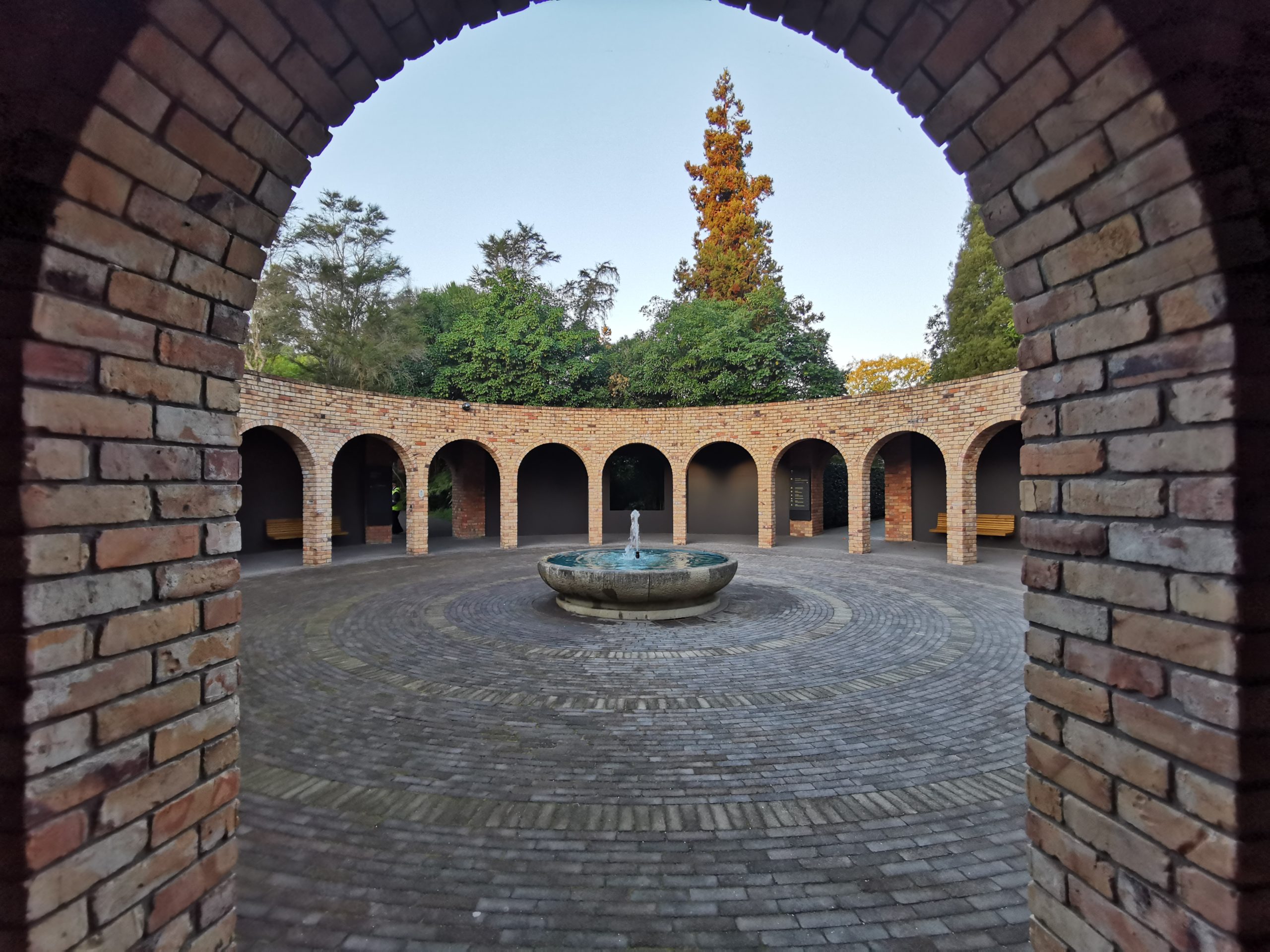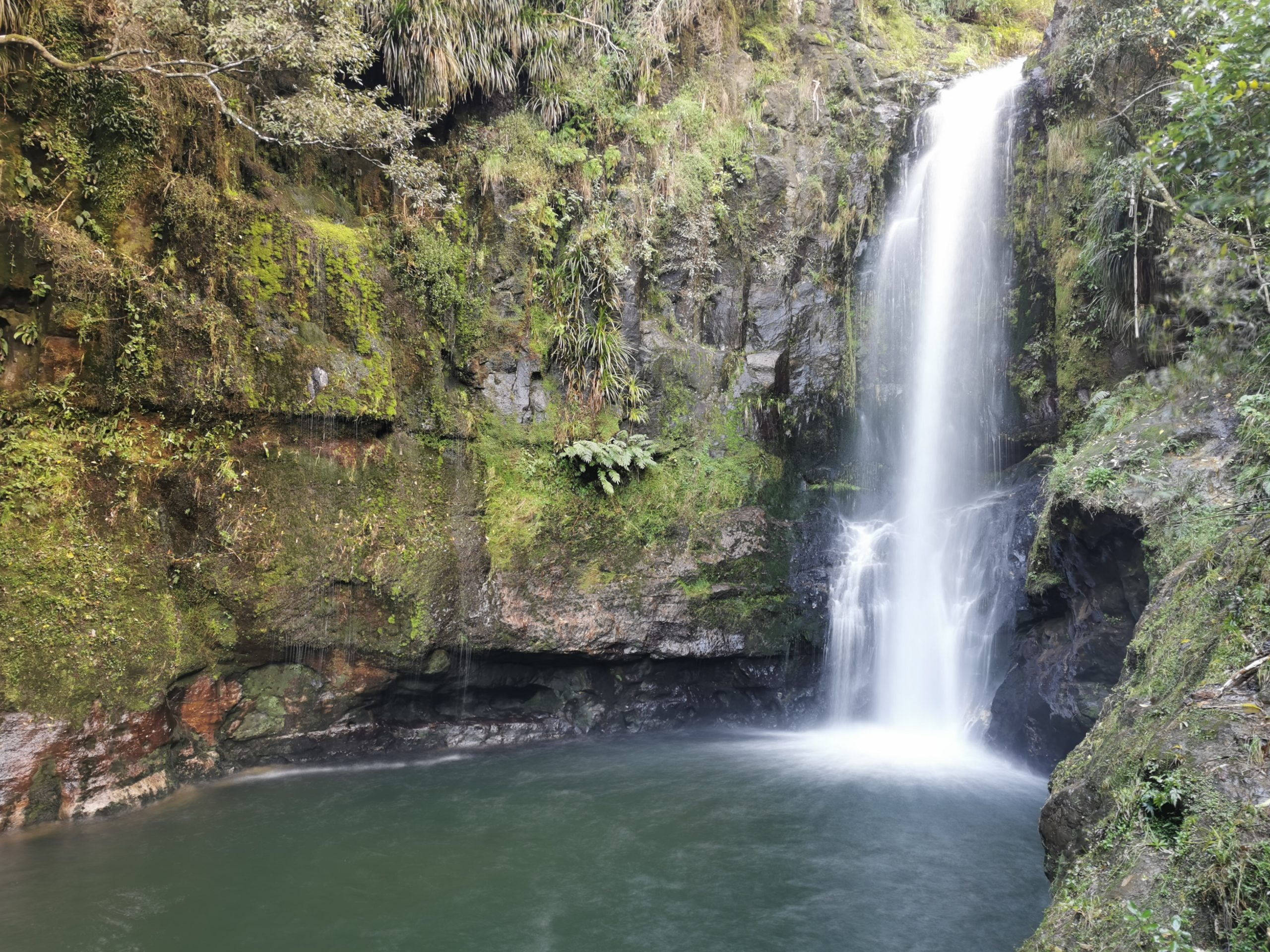Piazza at Hamilton Gardens. Little / short roadtrip to get out of Auckland for a while to collect my thoughts + a short hike at the North end of Hakarimata ranges. Trails appear to be rather quiet currently.

In other news. Yes, to confirm the stories on the grapevine, I did indeed purchased yet another rental property earlier this year. (Why people seem to be so fascinated at this, I wouldn’t know…)

